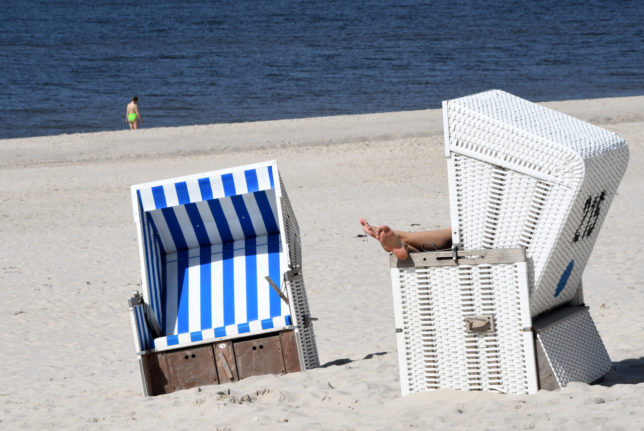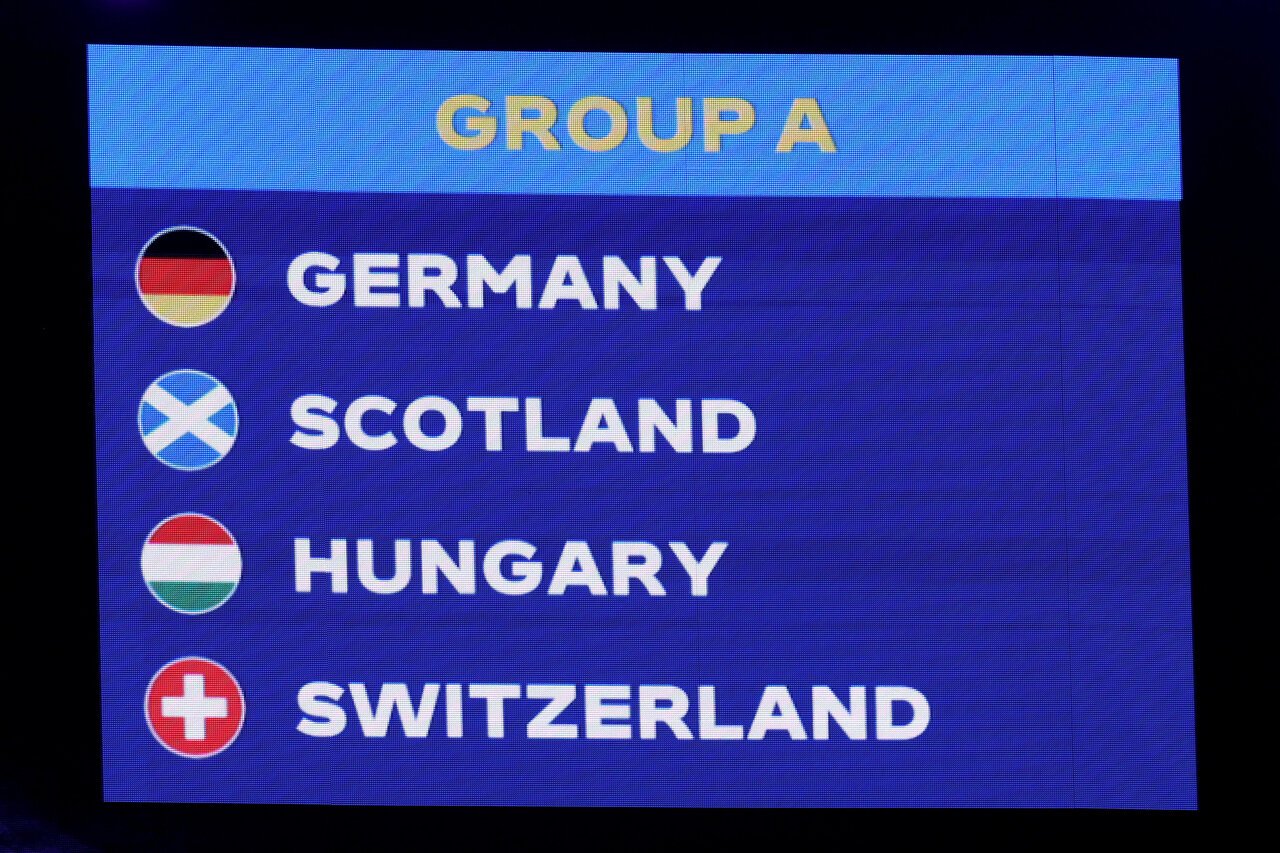This is a German language-learner article. Vocabulary words have been italicized.
With many states in Germany starting their school holidays on Monday, the weather outlook at first appears to be a bit disappointing.
On Friday and Saturday forecasters from the German Weather Service (DWD) said that very cool air had come into the country leading to low digits across Deutschland.
With highs of around 8C in Berlin (and lows of 2C), while in western Germany the temperature will struggle to get above 4C, it's not the best start to spring.
It's all the more disappointing after last weekend's flurry of sunshine that pushed temperatures over 20C in some places.
SEE ALSO: Seven signs that spring has arrived in Germany
Forecasters said there could even be some sleet and frost in the early hours of Saturday, particularly in mountain regions.
“In regions with dense cloud cover at night, however, the risk of frost and therefore also the risk of icy conditions is low,” added DWD expert Sebastian Schappert on Friday.
Good news ahead
However, over the course of next week the cool air shifts its focus to western Russia, which means milder air will gradually spread over Germany, allowing spring to make its comeback.
Forecasters predict that on Good Friday temperatures could reach above 20C in some parts of the country.
The highest temperatures are expected in the Rhineland area (forecasters predict 22C). In other areas it will be between 17 and 19C.
However, at the North Sea and Baltic Sea it will probably feel a little fresher, with highs of about 14C.
Over the long Easter weekend, which lasts through Monday, April 22nd, the best weather is expected to be in the northern half of the country, which will have dry and sunny spells.
Over the course of next weekend, it could be changeable in the west and southwest of Germany so keep an eye out for weather forecasts nearer the time to get a better picture of the scenario.
Best to bring your Übergangsjacke (in-between-seasons-jacket) if you're talking part in an outdoor Easter egg hunt, just in case.
SEE ALSO: German word of the day: Übergangsjacke
Vocabulary
Very cool air – sehr kühle Luft
Changeable – Wechselhaft
Easter – Ostern
Good Friday – Karfreitag
We're aiming to help our readers improve their German by translating vocabulary from some of our news stories. Did you find this article useful? Do you have any suggestions? Let us know.




 Please whitelist us to continue reading.
Please whitelist us to continue reading.
Member comments